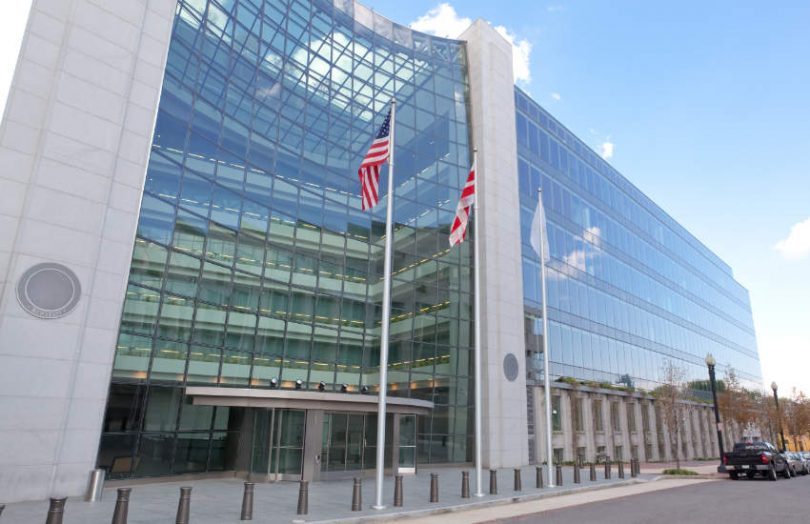Today the Securities and Exchange Commission announced it is increasing the size of its Crypto Assets and Cyber Unit from 30 to 50 people. It will use the additional resources to target securities infringements relating to token offerings, NFTs, exchanges, lending, DeFi and stablecoins.
“Crypto markets have exploded in recent years, with retail investors bearing the brunt of abuses in this space,” said Gurbir S. Grewal, Director of the SEC’s Division of Enforcement. “The bolstered Crypto Assets and Cyber Unit will be at the forefront of protecting investors and ensuring fair and orderly markets in the face of these critical challenges.”
The SEC says it has brought more than 80 enforcement actions for fraud or unregistered token offerings and resulted in “monetary relief” of $2 billion.
Big cases include crypto lending
An area where the SEC has been particularly active is in the centralized lending of cryptocurrency. It took enforcement action against BlockFi lending, which agreed to change its “Yield” products into formal securities. The startup paid a $50 million fine to state regulators and another $50 million to the SEC.
The other two big centralized lenders are Nexo, which no longer offers its Earn product in the United States and Celsius, which restricted access to its Earn product to accredited investors three weeks ago. Plus, the SEC effectively blocked crypto exchange Coinbase from launching a similar offering. To date, it hasn’t taken action against any of the major DeFi lending protocols.
One of its highest-profile legal cases against Ripple was launched by the outgoing SEC Chair Jay Clayton and hence was inherited by current Chair Gary Gensler. At issue is whether XRP is a security. A former SEC executive previously said that Ethereum is not a security and this is one of the major issues in the case. A related one is the degree of decentralization.
For a long time, Ripple’s ledger on which its token XRP is issued was relatively centralized, with Ripple controlling which servers on the network acted as validators. It moved the governance to the XRP Ledger Foundation in late 2020, just months before the SEC filed its lawsuit.






